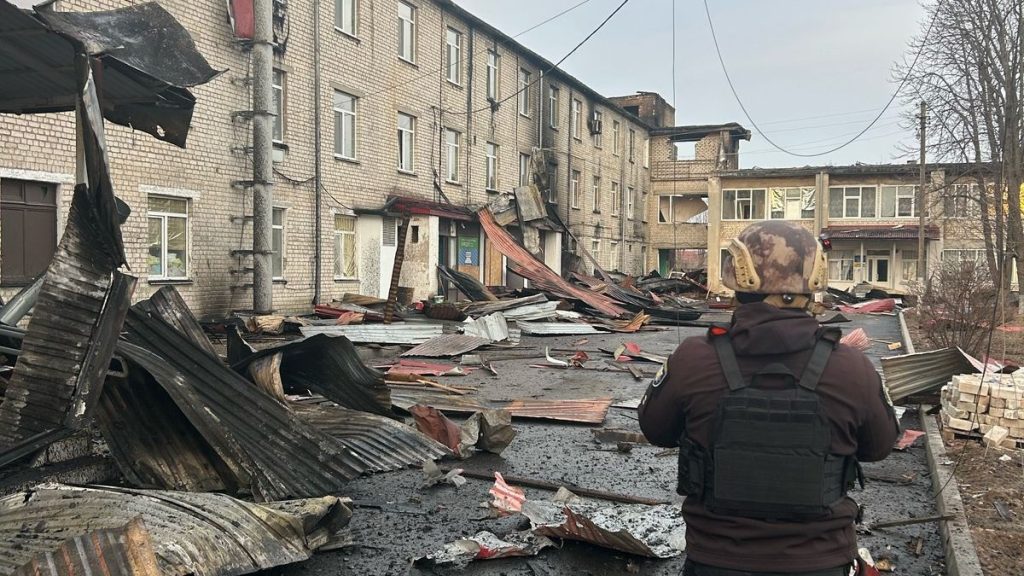The new “Ukraine Support Act” goes beyond previous proposals.
Others are reading now
U.S. lawmakers have unveiled a wide-ranging bill aimed at deepening support for Ukraine and imposing stricter sanctions on Russia, according to Reuters.
Introduced by Democratic Representative Greg Meeks, a senior member of the House Foreign Affairs Committee, the Ukraine Support Act is designed to deliver long-term assistance to Ukraine—both on the battlefield and during its eventual post-war recovery.
The legislation, which has not yet been formally released, is described as more comprehensive than the current Ukraine aid package circulating in the Senate.
It arrives at a politically tense moment, as lawmakers from both parties debate the future of U.S. involvement in the war amid stalled peace negotiations.
Also read
Three Pillars: Support, Security, and Sanctions
The bill is divided into three key parts:
- Rebuilding Ukraine: The first section reaffirms the U.S.’s commitment to Ukraine and NATO. It includes new plans for post-war reconstruction, such as the creation of a special U.S. coordinator to oversee recovery efforts once active combat ends. The goal is to provide long-term stability and help Ukraine rebuild damaged infrastructure and public services.
- Military and Security Assistance: The second part includes direct loans and military financing to strengthen Ukraine’s defense. This section aims to enhance Ukraine’s ability to defend itself by expanding access to U.S. equipment, intelligence sharing, and logistical support.
- Economic Pressure on Russia: The final section introduces tough new sanctions targeting Russia’s financial institutions, energy and mining sectors, and key officials in President Vladimir Putin’s government. The bill also outlines new export controls to block the flow of advanced technologies into Russia.
Broader Strategy, Political Implications
The Ukraine Support Act comes just two weeks after competing bipartisan proposals in the Senate sought to trigger sanctions if Russia refused to engage in serious peace talks. Unlike those measures, this new bill bundles military, economic, and diplomatic tools into a single legislative package.
A congressional aide told Reuters that “this bill obviously will be part of the legislative conversation,” signaling that it may play a key role in shaping a final agreement on U.S. policy toward the war.
The bill’s release also comes shortly after Steve Witkoff, President Donald Trump’s special envoy, revealed new details about his recent trip to Russia.
Speaking to Fox News on April 14, Witkoff described a long conversation with Putin focused on ending the war through a potential deal involving control over “five territories” in Ukraine—a proposal that would likely prove controversial in Kyiv.
While the proposed aid package reflects a hardline stance toward Russia, it also hints at growing divisions in Washington about the best path forward, as some figures in the Trump administration continue to push for a negotiated settlement.



